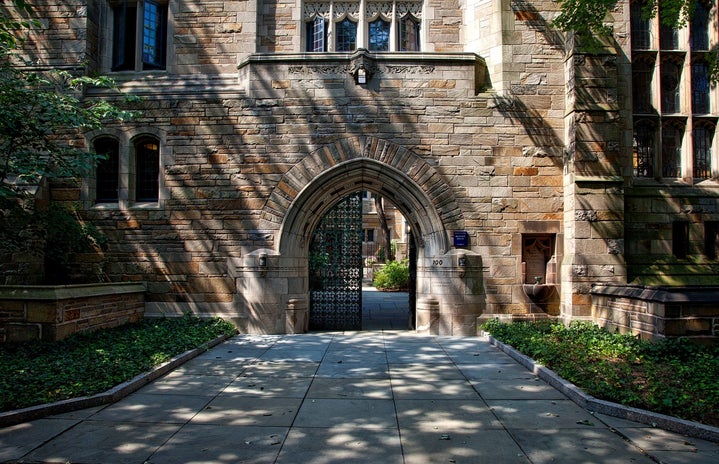“I think white people want to tell Asian people how they should feel about race because they’re too scared to tell black people.”
I sat in my bed laughing hysterically after I heard Margaret Cho deliver this line in her standup special, PsyCHO, now streaming on Netflix. It was one of those things that I would have never thought to say, yet the sentiment behind it was something I understood on a very personal level. It was a stroke of comedic genius that succinctly summed up a truth about American racial dynamics, allowing Cho’s viewers to revel in its absurdity while also causing them to think about the national discourse surrounding identity issues. And, it was something I realized I had been craving for a long time. American media has come a long way in terms of Asian representation. From the success of television shows like Master of None to the rise of rappers like Awkwafina, there has certainly been an attempt to include more diverse voices and characters in popular entertainment. However, it doesn’t feel like enough. For Asians and many other minority groups, mainstream media generally falls short when it comes to telling stories that accurately and entertainingly reflect our experiences. More often than not, we are side characters and the ends of jokes that are as overdone as the laugh tracks that follow them. I don’t know about you, but I think I’ve seen enough nerdy, virginal Indian men on sitcoms to last me a lifetime. Stand up comedy offers Asian-Americans the perfect platform to get real about their personal experiences while also opening a door to more critical discussions of racial issues. Successful comedians don’t have to worry about whether their message is digestible for studio audiences. Instead, they can be dark, lewd, controversial and, most importantly, honest. When I listen to Ali Wong extol the virtues of sex with Asian men or hear Margaret Cho say that she “loves” to be exoticized by white men, it feels like a great relief. Hearing highly successful Asian women stand alone on stage and command an audience’s attention just by using the topic of sexual exoticization makes me feel better about my own anxieties surrounding my identity. It makes me realize that I am not alone in having these thoughts and that there is a huge amount of legitimacy to my feelings.
Additionally, it allows me to share some of these concerns with my white friends in a way that is accessible for all of us. As much as I want to be able to talk to people about racial issues, I know it can quickly turn into a scenario in which white guilt overrides any possibility for enthusiastic discussion. Humor breaks down these barriers of shame and fear, allowing us to be critical of our society without making people feel alienated. This is not to say that minorities should stop speaking out about issues that affect them or that they should restrain their speech for the comfort of their peers (God knows we do enough of that already). It’s just to say that in a world where narratives are constantly misconstrued and social media yelling matches prevail, it’s nice to have a medium that allows us to see the truth about ourselves in a way that also makes us laugh.Apart from making racial issues more accessible, stand up comedy also allows Asians to work through painful instances of discrimination. In Hasan Minhaj’s Netflix special Homecoming King, Minhaj tells a story from his high school days when he was set to go to prom with a white girl, but then her parents arranged for her to go with a white boy because they would be taking pictures to send to their family back home and they didn’t think he’d be a “good fit.” Minhaj then went home and played video games, saying “And that’s the nicest I’ve ever been dressed playing Mario Kart.” He goes on to discuss the lesson he learned that day, about how people can be bigoted “even when they’re smiling at you.” This is a truth that many Asians and other racial minorities have to learn, and Minhaj conveys this in a heart-wrenching and humorous way. In doing so, Minhaj shows us both the possibility of healing from racism while also refusing to remain quiet about the harmfulness of prejudice that still exists in society today.
Stand up comedy acts as a bridge between entertainment and social issues, asking us to be both critical and forgiving of others and ourselves. Most importantly, it gives minorities a platform that they might not otherwise have to talk about the experiences that are excluded from mainstream storytelling. It gives us a place to heal, showing that sometimes laughter really is the best medicine.


